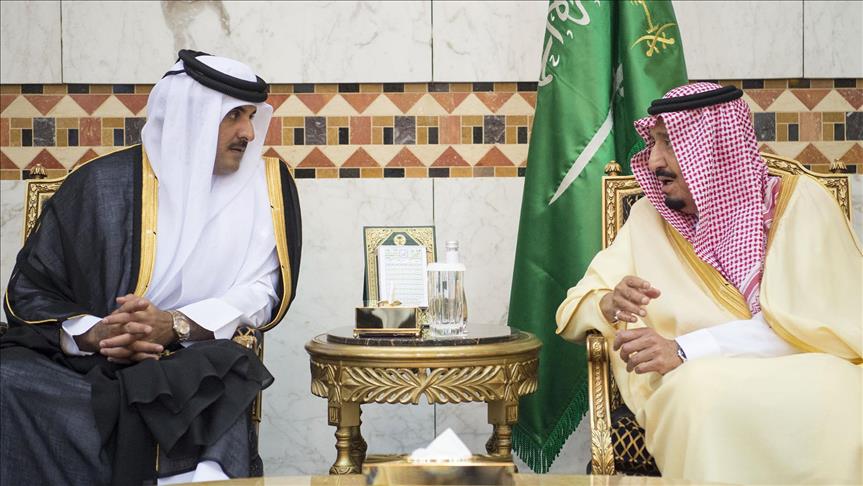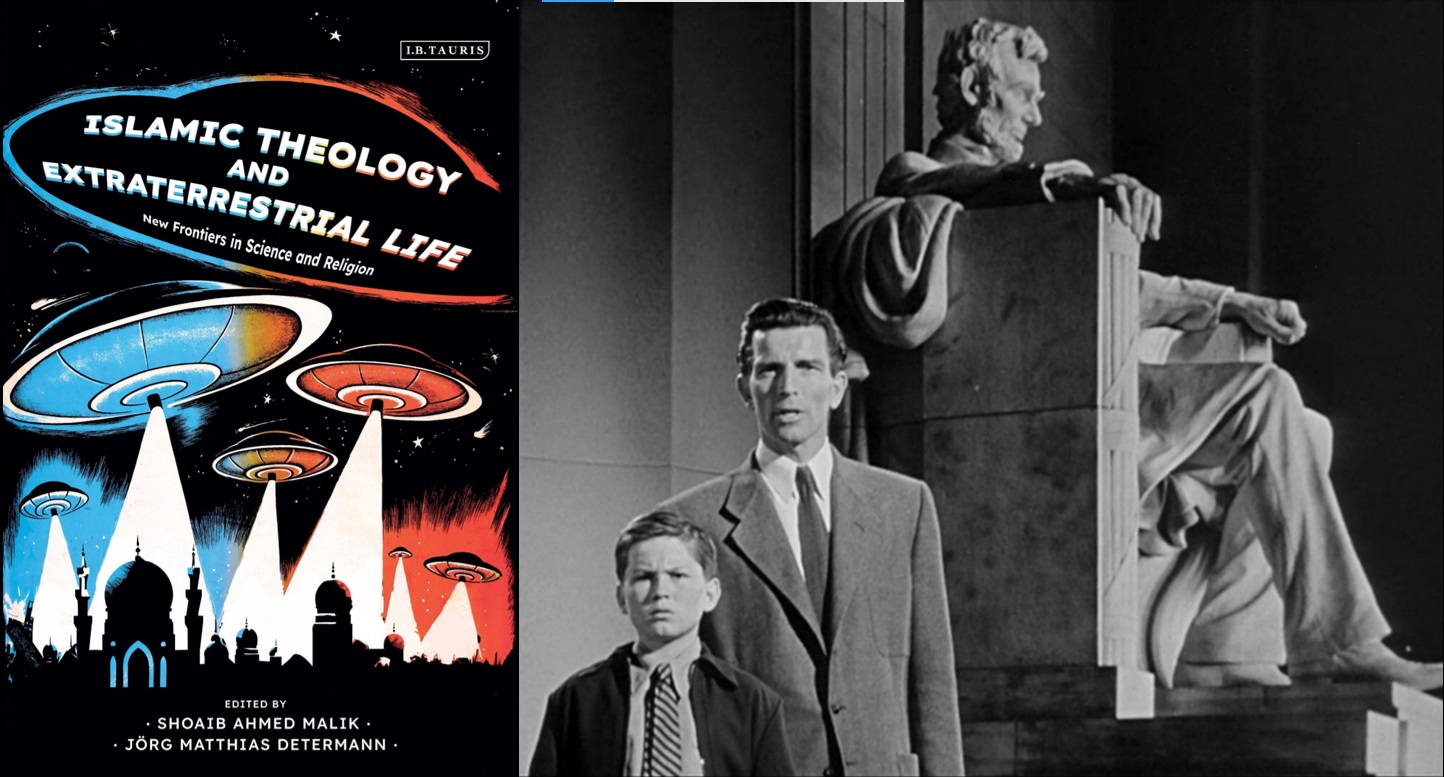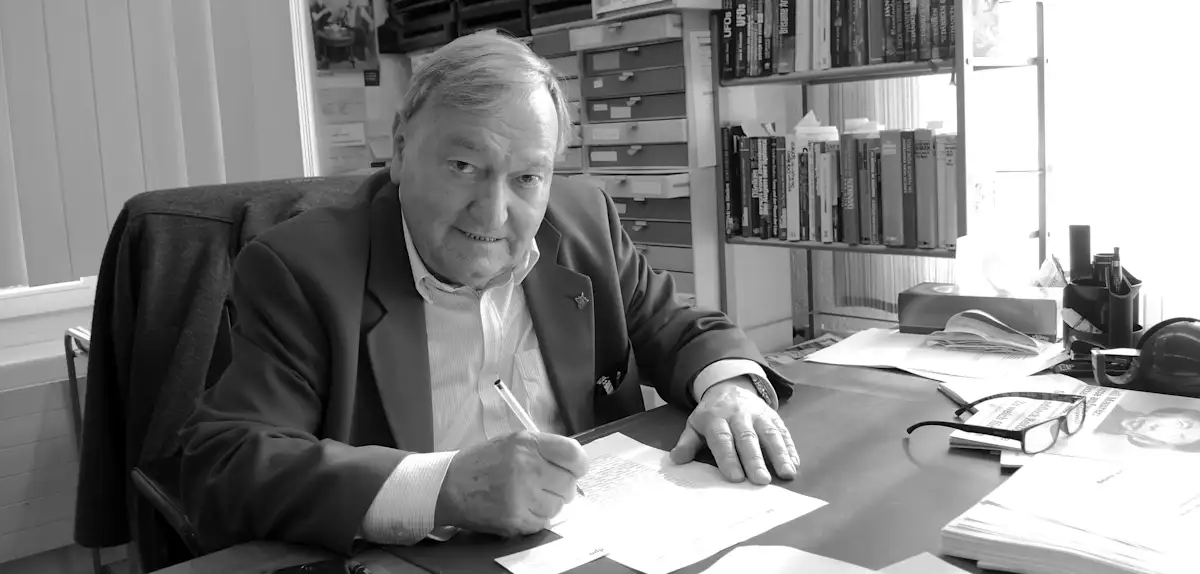
Bahrain’s foreign minister criticized Qatar’s emir on Sunday for not attending a Gulf Arab summit in Saudi Arabia, an absence that suggests a rift between Doha and three Gulf Arab states is unlikely to be resolved soon.
Qatar sent its state minister for foreign affairs to the annual one-day summit that is overshadowed by the economic and diplomatic boycott of Doha since mid-2017 by Riyadh, the UAE, Bahrain and Egypt over allegations Doha supports terrorism. Qatar denies the charges.
“Qatar’s emir should have accepted the fair demands (of the boycotting states) and attended the summit,” foreign minister Sheikh Khalid bin Ahmed Al Khalifa said in a tweet.
In response, Ahmed bin Saeed AlRumaihi, director of the information office at Qatar’s foreign ministry, said: “Qatar can make its own decisions and had attended (last year’s) Kuwait summit while the leaders of the boycotting countries did not.”
The Gulf Cooperation Council’s (GCC) summit of six member states was set to open in Riyadh on Sunday at a time when the country is under pressure over the murder of journalist Jamal Khashoggi in October at the kingdom’s Istanbul consulate.
Saudi TV showed King Salman greeting officials from the United Arab Emirates, Oman, Bahrain and Kuwait on their arrival.
The summit is expected to focus on oil politics, security issues including Yemen’s war and Iran’s regional activities and Qatar, which says the trade and transport boycott aims to curtail its sovereignty.
Doha last week abruptly announced it was exiting the oil exporters’ group OPEC after 57 years to focus on gas in an apparent swipe at the bloc’s de facto leader Saudi Arabia..
Kuwait’s ties with Riyadh are also strained over control of shared oilfields, further weakening unity of the GCC which was set up in 1980 as a bulwark against larger neighbors Iran and Iraq.
BITTER DIVIDE
Saudi Arabia has resisted U.S. pressure to restore ties with Doha following Khashoggi’s murder, an act that drew condemnation and scrutiny of Riyadh’s regional foreign policy.
A U.S. State Department official on Sunday urged Gulf states to mend fences to form a united front against Iran and help enable a proposed new Middle East security alliance that would include the Gulf bloc, Egypt and Jordan.
“We’d like to see that unity restored, not on our terms, but on terms of the countries that are involved,” Timothy Lenderking, Deputy Assistant Secretary for Arabian Gulf Affairs, told reporters at a security forum in the UAE capital Abu Dhabi.
While the boycotting states have said the row is not a priority for them and that the GCC remains valid, Doha has said the dispute harms regional security by weakening the bloc.
Relations have also soured between Saudi Arabia and Kuwait over oil production from two jointly-run oilfields in the so-called Neutral Zone.
Source: Reuters





